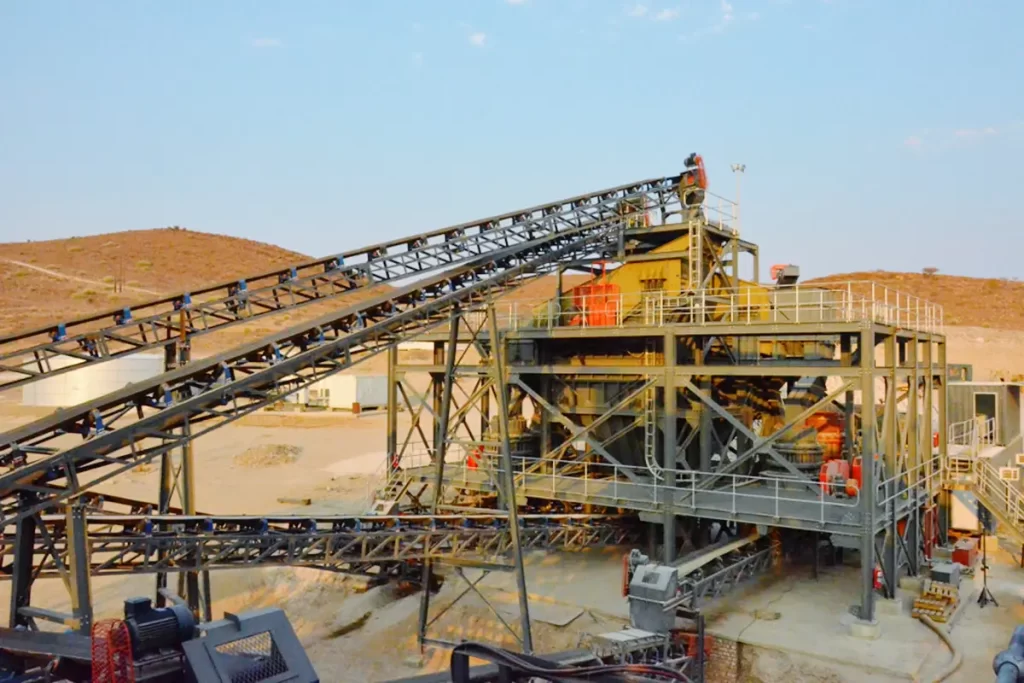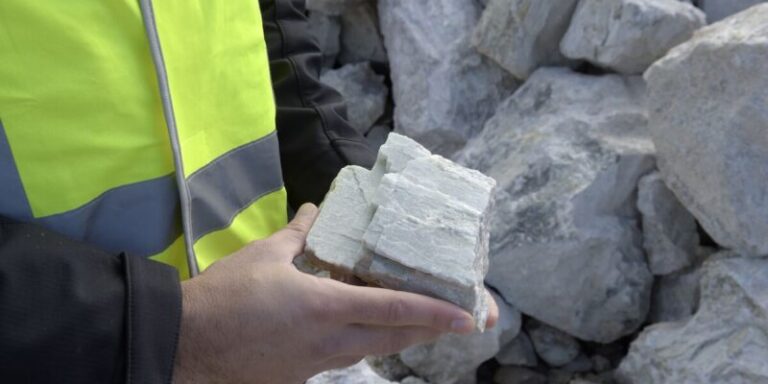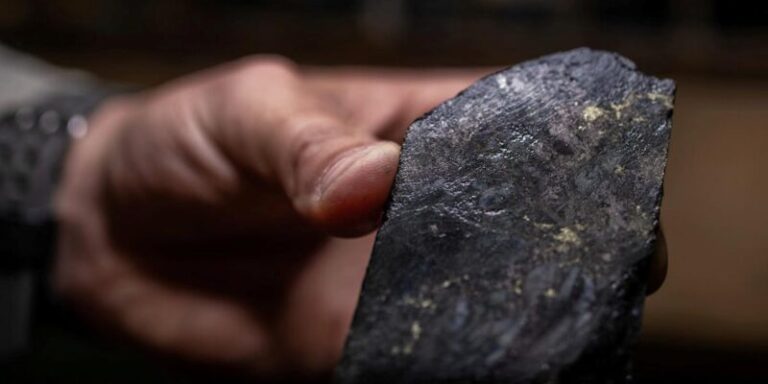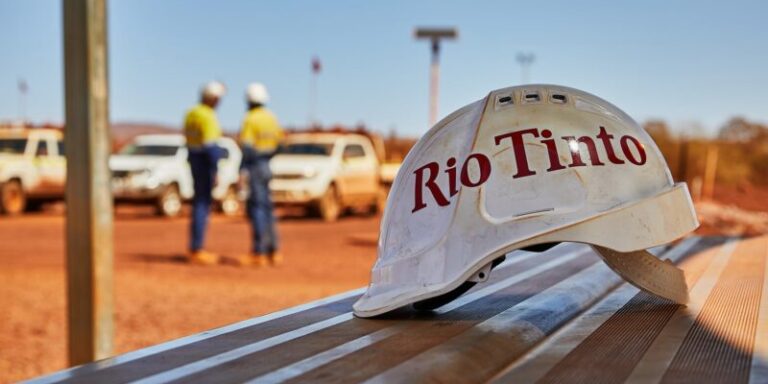
Indonesia’s success in developing a robust local mineral processing industry offers valuable lessons for many African countries, according to a December 2024 report by the American think tank Atlantic Council.
However, the report also cautions that replicating Indonesia’s strategy in Africa may not be straightforward.
The report, titled “Resource Nationalism and Downstreaming: Lessons for African Producers of Critical Minerals from Indonesia,” highlights how Indonesia has capitalized on its global role as a nickel producer.
With 42% of the world’s nickel reserves, Indonesia implemented a progressive ban on raw nickel exports starting in 2014 and reinforced in 2020.
This policy has driven increased investment in the country’s processing sector, with investments rising from $3.6 billion in 2019 to $11 billion in 2022.
By July 2023, Indonesia operated 43 nickel smelters, with 28 more under construction and 24 planned. The rapid growth of these facilities relies heavily on coal-fired power plants providing the energy necessary for nickel processing.
However, Indonesia’s strategy has not been equally successful with other minerals, such as bauxite and copper. The report explains that 96% of copper’s supply chain value is created at the extraction and concentration stages, making local refining less profitable.
A 2014 ban on raw copper exports resulted in a 35% drop in national production. Similarly, the bauxite export ban led Indonesia’s customers to turn to alternative suppliers like Guinea and Australia.








